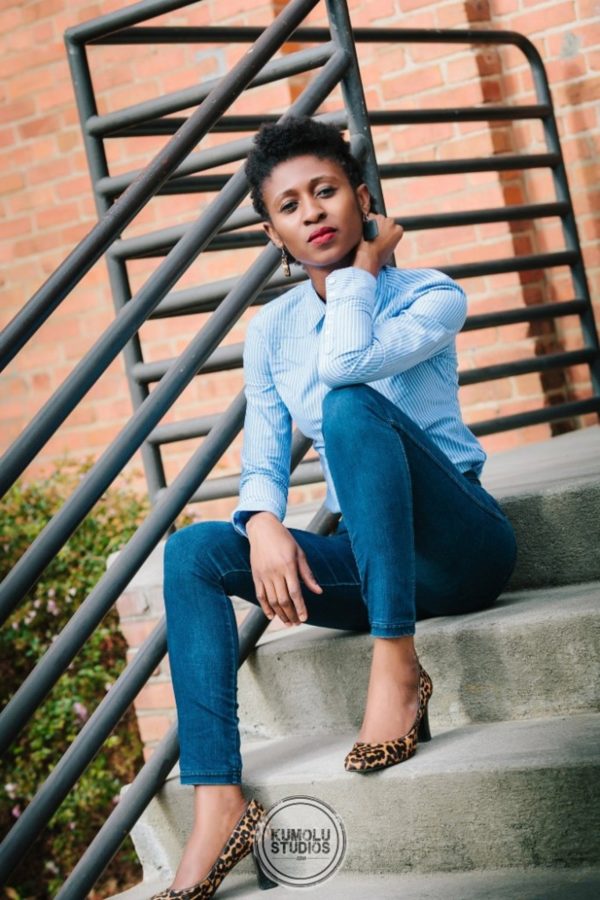
One evening in mid-2010, in her apartment in Chicago, Ainehi Edoro, then a PhD student at Duke University, looked up at her husband and mentioned that she was starting a blog. On August 1 of that year, she made her first post, a 264-word reflection on reading and coffee in a cafe. “Now think of a poem where flash media meets sound art to create poetic imagery so alive that the ‘reader’ can almost touch it,” she writes later that month. “Think of a novel or an anti-novel where the lost craft of the storyteller—oral narration—is fused with state of the art gaming and graphic design technology.” The literature she saw lived beyond the page, in technology.
There’s something tasking about responsibility, the recognition that something isn’t right and that you could change that, could lay the foundation for something truly beautiful, something to blossom and become bigger than you. By the time she began her blog in 2010, there was such a gap in African literature: its discussion was too formal, not too online, too elitist, not too trendy, not too fun for outsiders. The conversations around it were left to academics, consigned to academic journals and magazines and academic conferences. If she must plug the hole then her blog needed to be more than a platform for publishing writers, finding new writers, more than a site for literary news. Her blog needed to do these and more: create a 12-decade, multi-genre guide to African novels; blog Imbolo Mbue’s afro; publicize-cum-curate social media conversations that would have ended only in corners; blog Alain Mabanckou’s suits; create insistent buzz about initiatives that might possibly go unnoticed; blog Chimamanda Ngozi Adichie’s shoes; blog Petina Gappah’s singing—make the art and business of writing sexy.
Seven years on, and 2,082 posts later, and now assistant professor of global Anglophone literatures at Marquette University, her blog remains a centre of literature on the continent, with a remarkable non-African following as well: This year, it reached 10,000 and 11,000 Twitter followers. Her blog has elevated new voices and genres that otherwise might not have gotten a platform—speculative and fantasy literature, literature about queerness. It has reinvented African Literature as something fashionable and followable, Tweetable and Instagramable—taught us that writers’ fashion choices and hairstyles are as worthy of interest as their books, can make us to buy their books. In this, it has made celebrities out of writers whose work we might not have known sooner, whose works are offered in style beyond the page, spotting them before the rest of the world caught up, offering that the future of literature in Africa, the necessity that is its extraliterary relevance, lies not only in its adaptability to both technology and pop culture but in how those two spheres can be harnessed to build a community still rooted in literature. She might refer to herself as “the Linda Ikeji of African Literature,” but what she has built is a Bella Naija-meets-Literary Hub Olympics where the grand and the quotidian interact, an eclectic culture with no precedent but with, as far as intellectual things go, unimpeachable street cred.
In 2014, Publishers Weekly named Brittle Paper a go-to book blog. In 2016, New African named Ainehi among “The 100 Most Influential Africans.” Enter 2017: a year in which her blog launched the first literary awards in Africa to be sponsored by a publication, highlighting 48 remarkable works in what she deems a “thank-you gesture”; a year in which writers she published or covered have cleared major literary prizes on the continent and beyond: won the Brunel Prize, the Etisalat Prize, the Commonwealth Prize, two Miles Morland Scholarships; nominated for the LAMBDA Literary Awards, the Caine Prize, the Short Story Day Africa Prize, the Nommo Awards, the Gerald Kraak Award, the Writivism Prize. It is a dynasty that she has founded, and entirely on her resources.
Before Ainehi Edoro, we didn’t think someone could care this much about writers known and upcoming, in public and in private: it is a generosity that puzzles, her tireless advocacy for the literary visions on the continent. Yesterday, December 11, was her birthday. Please join Brittle Paper in wishing her renewed energy and enthusiasm. And love and happiness and fulfillment and the wildest of successes. Happy birthday to the coolest, baddest editor in the game.
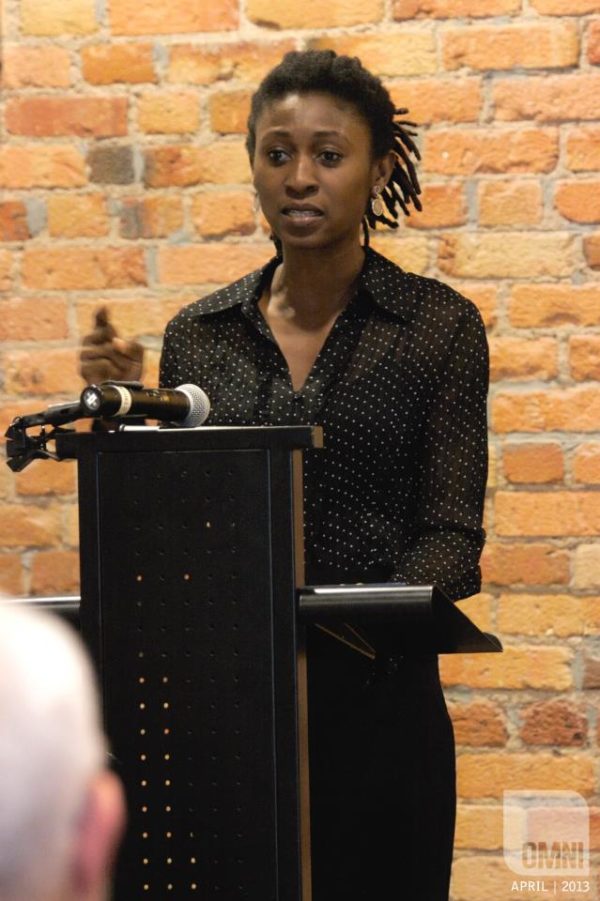
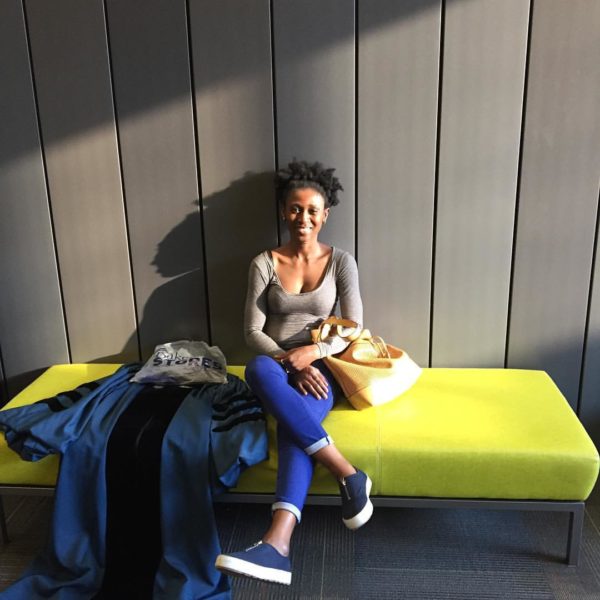
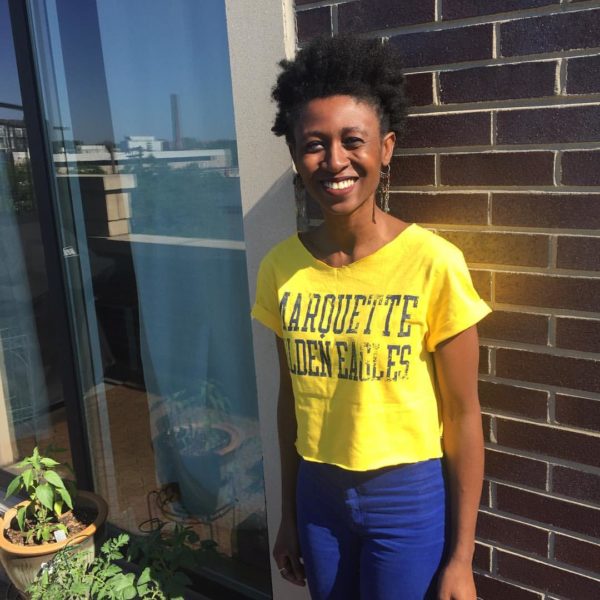

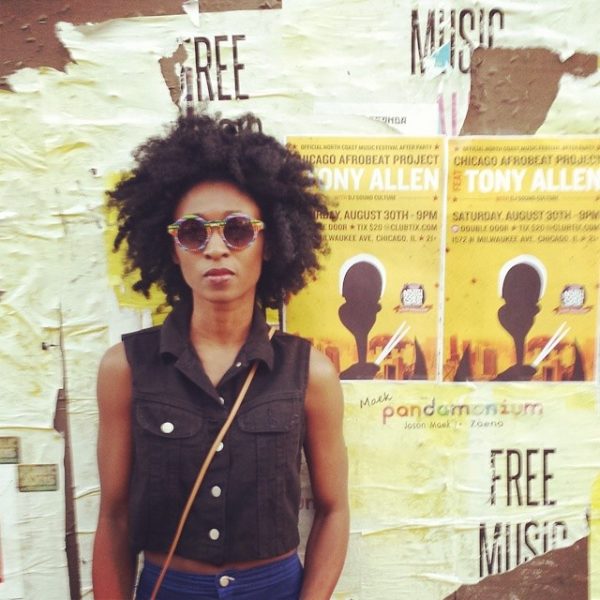
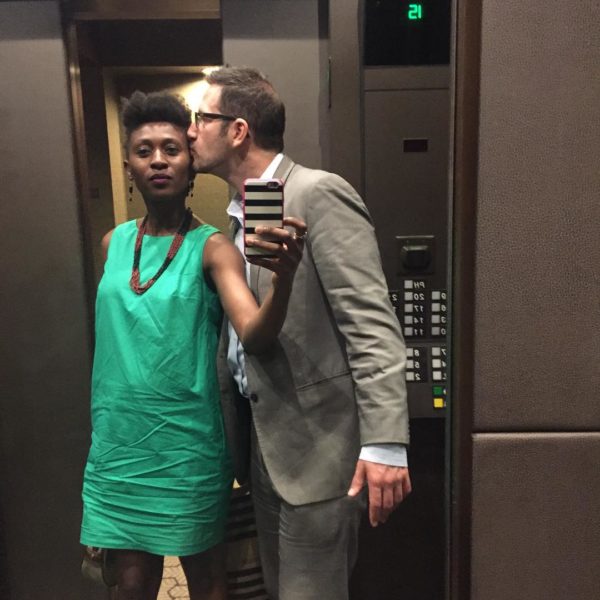

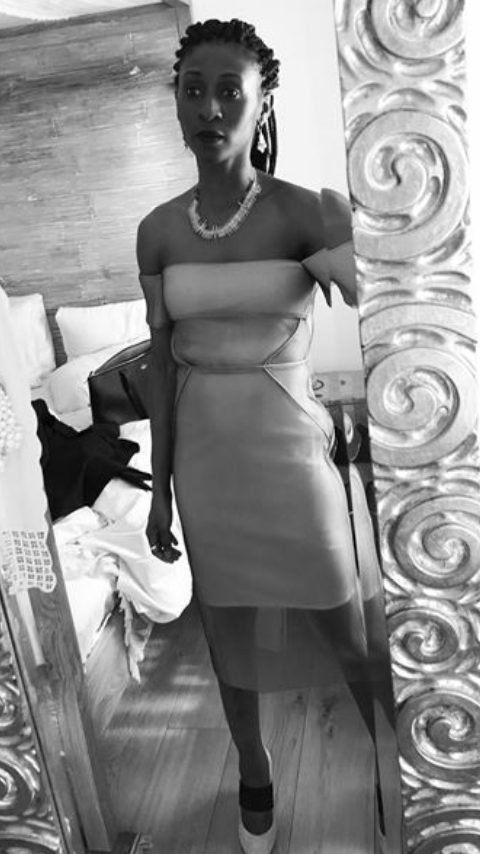






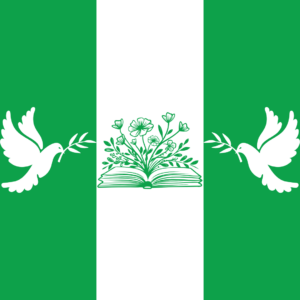


Otosirieze : Statement on Leaving Brittle Paper - April 15, 2020 10:35
[…] of opportunities not because we lack the talent but because of development and class barriers. I also loved the Founder’s person and openness, and with her permission, we established a grassroots support availability for […]